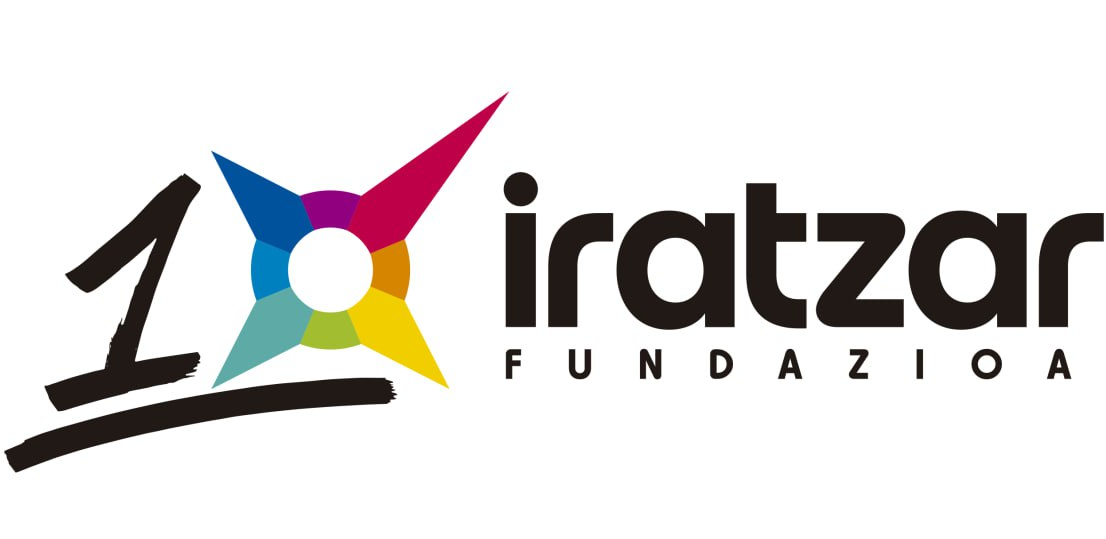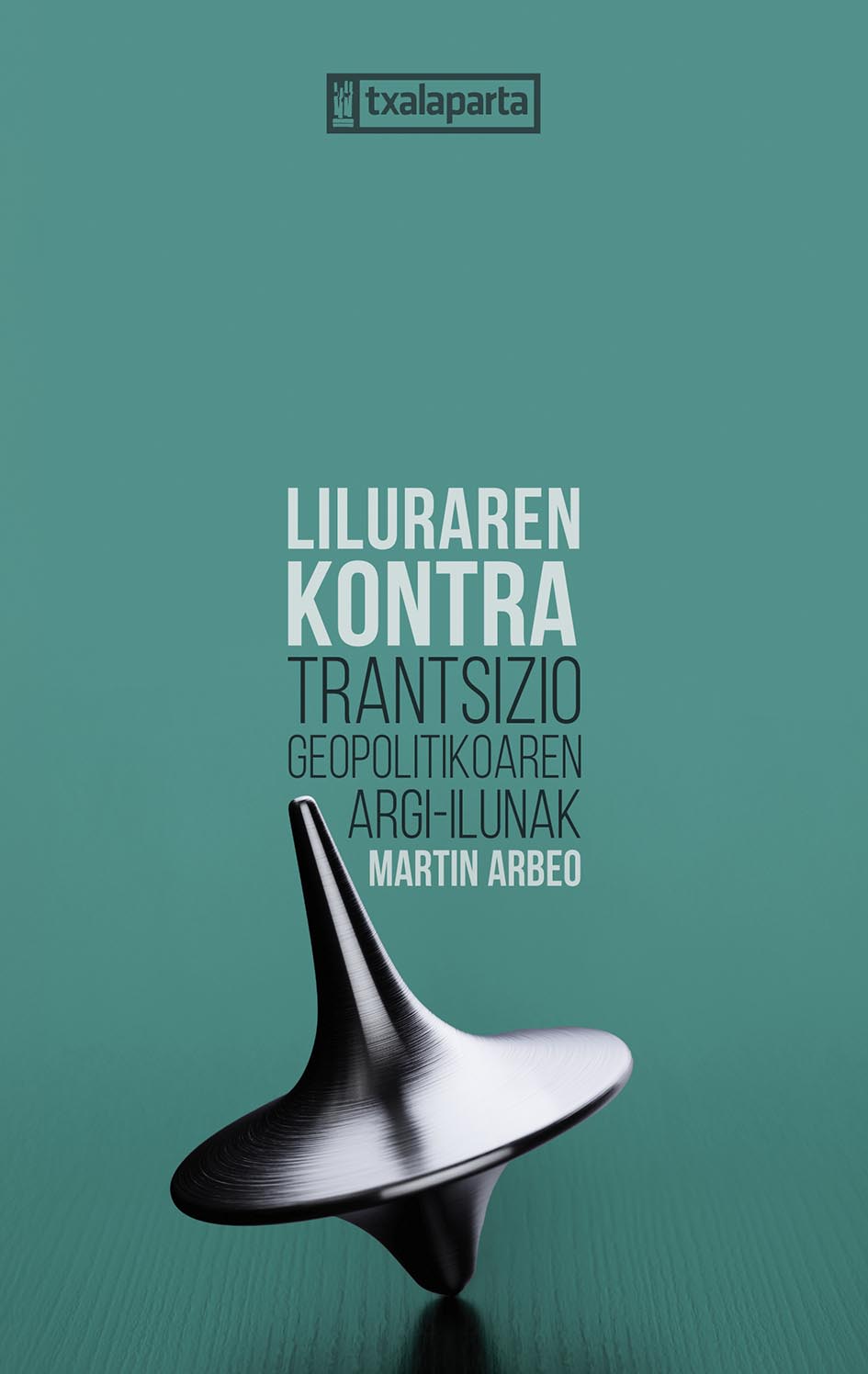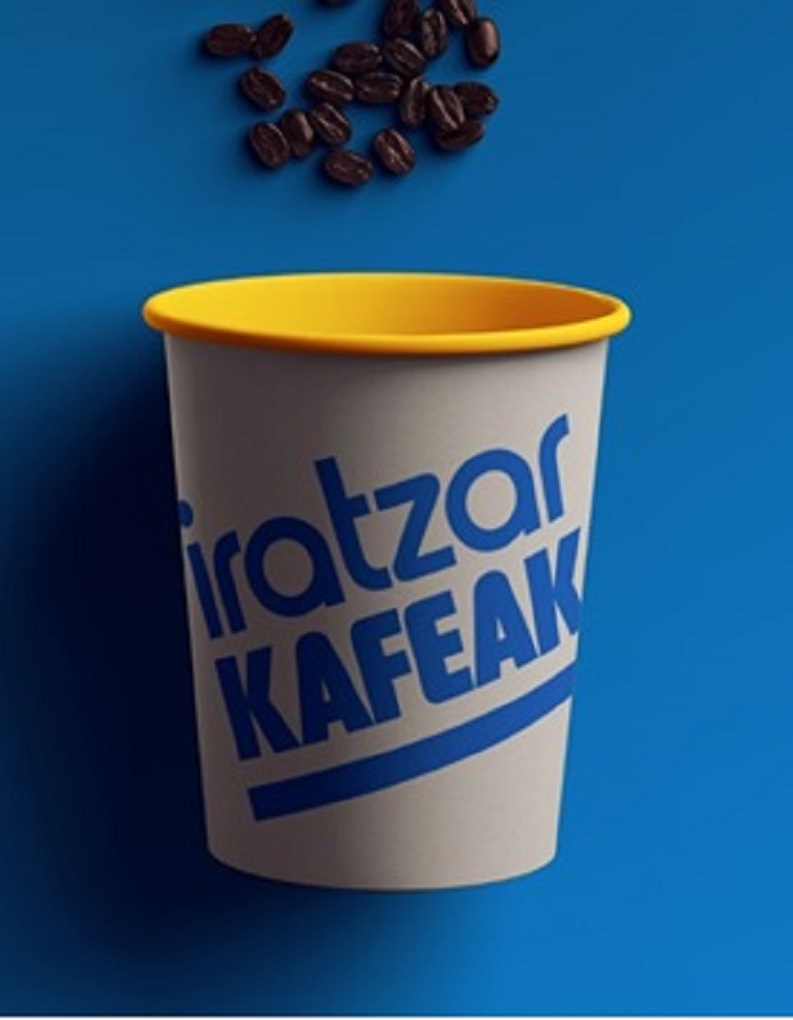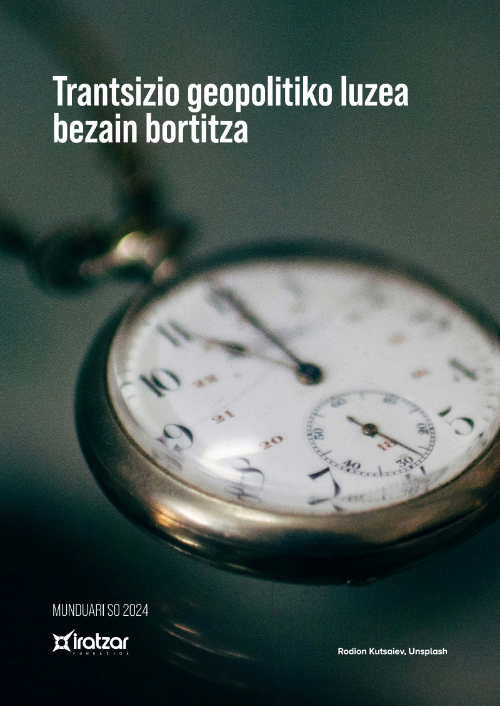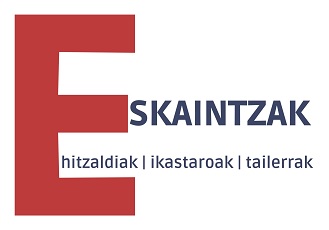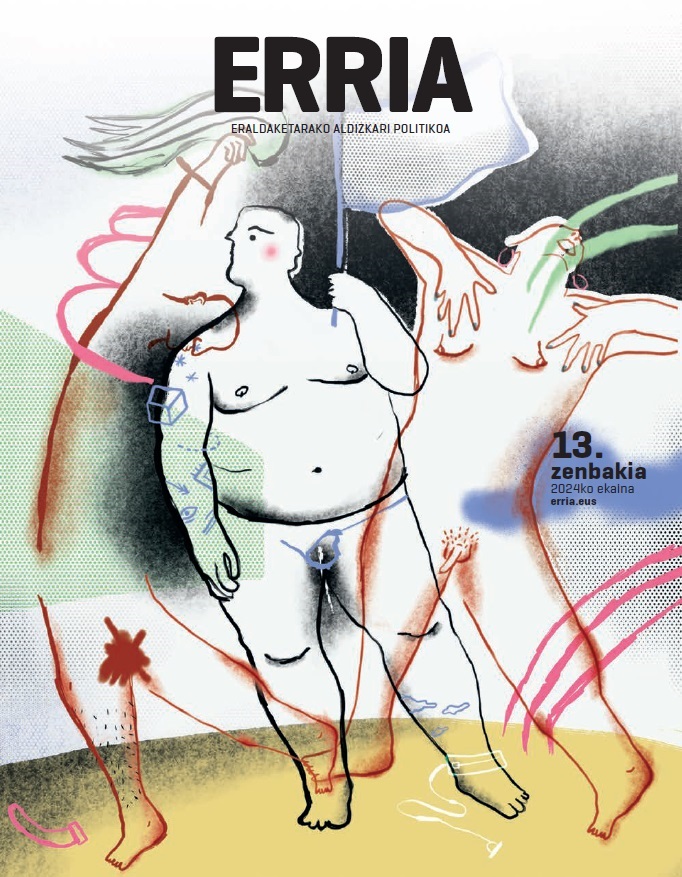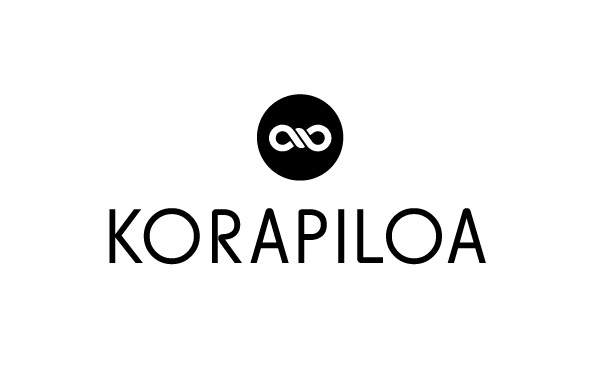NEWS
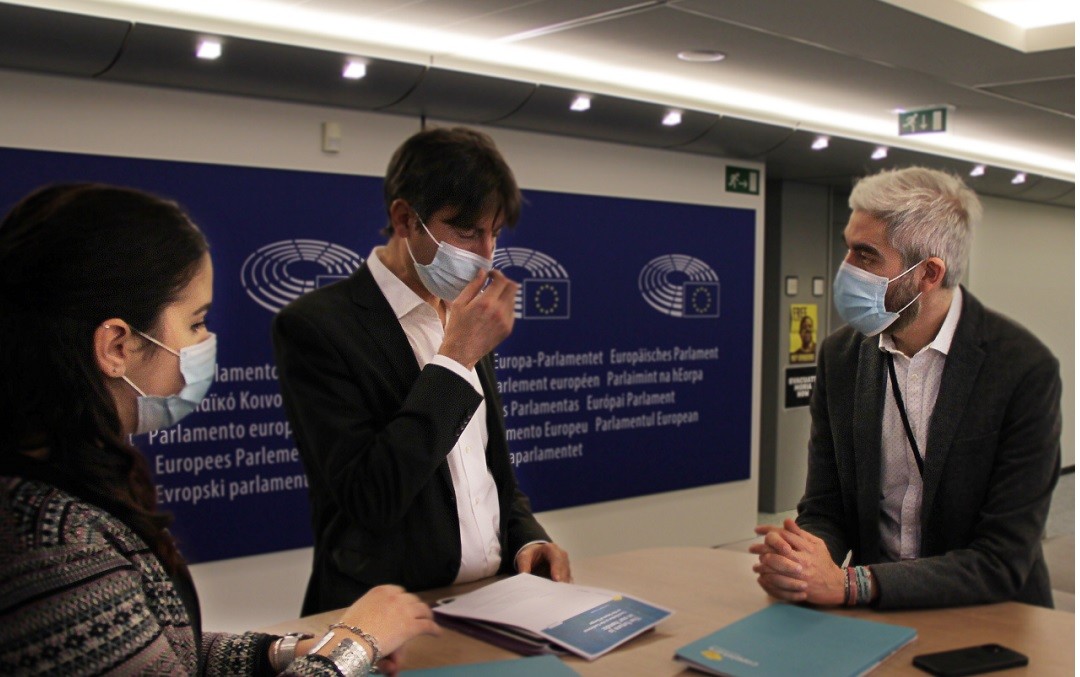
Contribution to the Conference on the Future of Europe
ES EU
This report contains the essence of the discussions and debates held, which gave special attention to 2 topics: (1) cultural and linguistic diversity and how to promote Europe’s minoritised languages, and (2) how to improve our democracy to ensure all voices are heard and how the right to self-determination can be implemented and respected at an EU level.
While big corporations and lobby groups enjoy access and influence upon global institutions and international decision makers, it is rare that citizens and NGOs are given the opportunity to speak up – and more importantly to be heard – in Europe. Social movements and minoritised groups are often at the periphery of the centres of power. For their part, stateless nations still lack solid procedures to partake in decision making at a European scale, and in some cases their citizens are underrepresented in European institutions.
The Conference on the Future of Europe (CoFoE), a consultative exercise organised by the European Union institutions, offers a chance for those voices to be heard. It provides us with an important opportunity to debate, discuss and share our ideas and values to form another Europe.
This report stems from a unique event: The future is in our hands: Contribution to the Conference on the Future of Europe, organized by the Coppieters Foundation and Iratzar Fundazioa, and held on 7 December 2021, in Brussels, Belgium. The content of this report derives from the rich discussions, debates and proposals put forward by speakers from different backgrounds and fields including community leaders, academics, politicians, and human rights advocates from places as diverse as the Basque Country, Catalonia, Scotland, Wales, Corsica, Galicia, Cornwall, Ireland, and Flanders. The audience also fuelled the debate and discussion, and among the participants were Members of the European Parliament and representatives from Brussels-based NGOs.
This report contains the essence of the discussions and debates held, which gave special attention to 2 topics: (1) cultural and linguistic diversity and how to promote Europe’s minoritised languages, and (2) how to improve our democracy to ensure all voices are heard and how the right to self-determination can be implemented and respected at an EU level.
Through this contribution we want to outline a Europe of tomorrow that recognises all voices and that supports peaceful and democratic conflict resolution efforts. It should respect the right to self-determination, the principle of subsidiarity and greater multi-level governance while promoting true cultural and linguistic diversity and a fairer, socially just, and greener Europe.
In this Europe for all peoples, we should acknowledge and promote the right to decide democratically whether one wants to become an independent Member State or enjoy greater devolved powers and political autonomy as a way to guarantee better social and political rights for its citizens. Let’s work together and use our diversity to strengthen our democracy and shape a Europe of the Peoples for the years to come.
